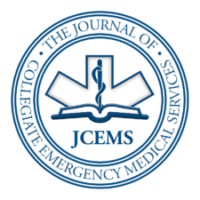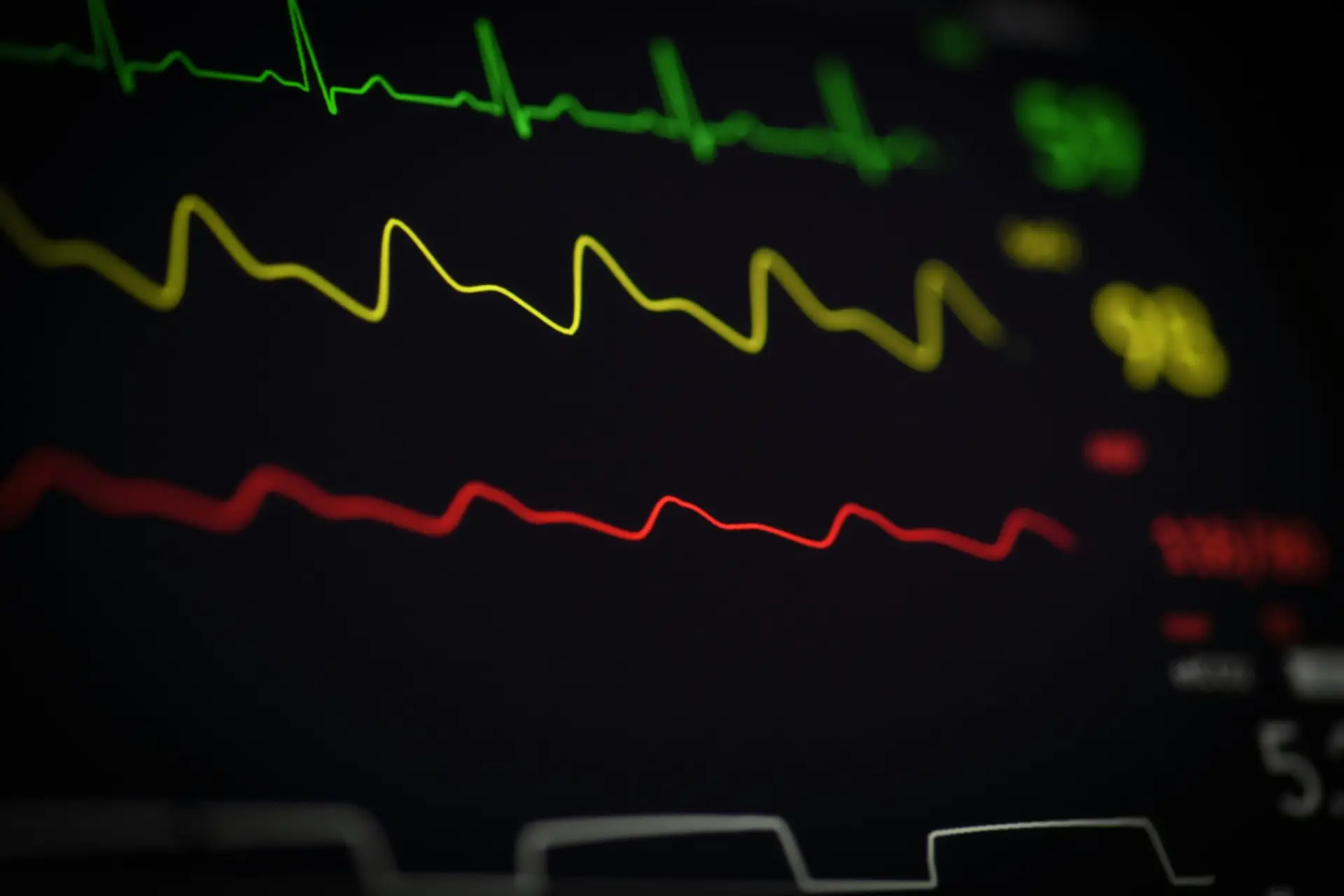Manuscript Review Process
Overview
Manuscripts classified as Original Research, Case Reports, or Reviews will undergo a double-blind, peer review process. Manuscripts classified as News and Commentary, Perspectives and Opinions, Advice and Practices, Product Reviews, or Letters to the Editor and Images, Video, Training Materials, or Agency Documents will undergo editorial review. For more information on manuscript classification, please see the JCEMS Guide for Authors. Reviewers are expected to thoroughly familiarize themselves with their roles in the peer review process.
Double-Blind Peer Review
Manuscripts classified as Original Research, Case Reports, or Reviews undergo a double-blind, peer review process. JCEMS employs a double-blind peer review process to ensure that manuscripts are fairly reviewed without bias in accordance with strict ethical and professional guidelines. Revisions suggested by reviewers may dramatically strengthen the quality of submitted manuscripts. The process also ensures that published articles demonstrate the utmost level of accuracy, reliability, and methodological rigor. Double-blind, peer review is widely regarded as the gold-standard of publication review; the process is widely employed by top-ranking emergency medicine journals including Annals of Emergency Medicine and The American Journal of Emergency Medicine.
During the process, manuscripts are initially reviewed by our Editors for quality, relevance to the collegiate EMS community, and suitability for JCEMS. High-quality manuscripts that fit the scope of our scholarly journal will be assigned to one of our Editors or Editorial Board members who will identify at least two independent reviewers. Reviewers are recognized experts in the particular topic featured in the manuscript. Manuscripts presenting original research will be reviewed by reviewers with expertise in the specific research field, methodology, and data analysis presented. Reviewers will be double-blinded, meaning that neither the author nor the reviewers will know the identity of each other. Manuscripts may also be reviewed by additional members of our Editorial Board who will be blinded to the author.
Reviewers will provide a thorough review of the manuscript for quality, accuracy, scope, methodological rigor, depth of research, originality/novelty, and style/organization. Manuscripts will be further reviewed in terms of their implications for practice for collegiate EMS providers, leaders, advisors, and affiliated personnel. Manuscripts containing clinical or medical information will be reviewed by at least one reviewer with an advanced clinical degree (eg, MD, DO, PA-C, or NP) prior to acceptance.
After the first stage of peer review is complete, authors will be notified whether their manuscript has been accepted or rejected, or whether revisions are necessary. In most cases, prior to acceptance, major or minor revisions in a manuscript’s content and/or writing will be necessary. Revisions for original research manuscripts may include the need for additional data collection and/or analysis. Manuscripts may undergo a second round of peer review after revisions are completed. Prior to publication, our editorial and publishing team will provide copy-editing and formatting assistance. Authors will receive a final, edited version of their article prior to publication. Final decisions on manuscript publication will be made by the Editor-in-Chief or a designated member of the Editorial Board without any relevant conflicts of interest.
Editorial Review
Manuscripts classified as News and Commentary, Perspectives and Opinions, Advice and Practices, Product Reviews, Editorials, Letters to the Editor, and Images, Videos, Training Materials, or Agency Documents undergo editorial review. Manuscripts are initially reviewed by our Editors for quality, relevance to the collegiate EMS community, and suitability for JCEMS. High-quality manuscripts that fit the scope of our scholarly journal will be fully reviewed by selected Editors and members of our Editorial Board.
The Editorial Board will provide a thorough review of the manuscript for quality, accuracy, scope, methodological rigor, depth of research, originality/novelty, and style/organization. Manuscripts are further reviewed in terms of their implications for practice for collegiate EMS providers, leaders, advisors, and affiliated personnel. Manuscripts containing clinical or medical information are reviewed by at least one Editorial Board member with an advanced clinical degree (eg, MD, DO, PA-C, or NP) prior to acceptance.
After the first stage of peer review is complete, authors are notified whether their manuscript has been accepted or rejected, or whether author revisions are necessary. In most cases, prior to acceptance, major or minor revisions in a manuscript’s content and/or writing will be necessary. Manuscripts may undergo a second round of editorial review after revisions are completed. Prior to publication, our editorial and publishing team will provide copy-editing and formatting assistance. Authors will receive a final, edited version of their article prior to publication. Final decisions on manuscript publication will be made by the Editor-in-Chief, or a designated member of the Editorial Board without any relevant conflicts of interest.
Manuscript Review Form
Download Manuscript Review Form [For Editors and Reviewers]





